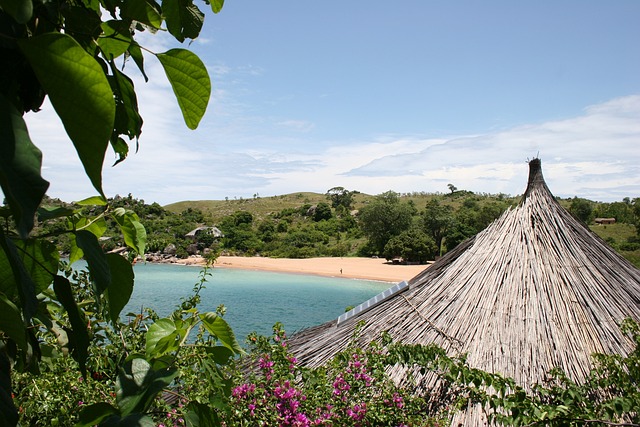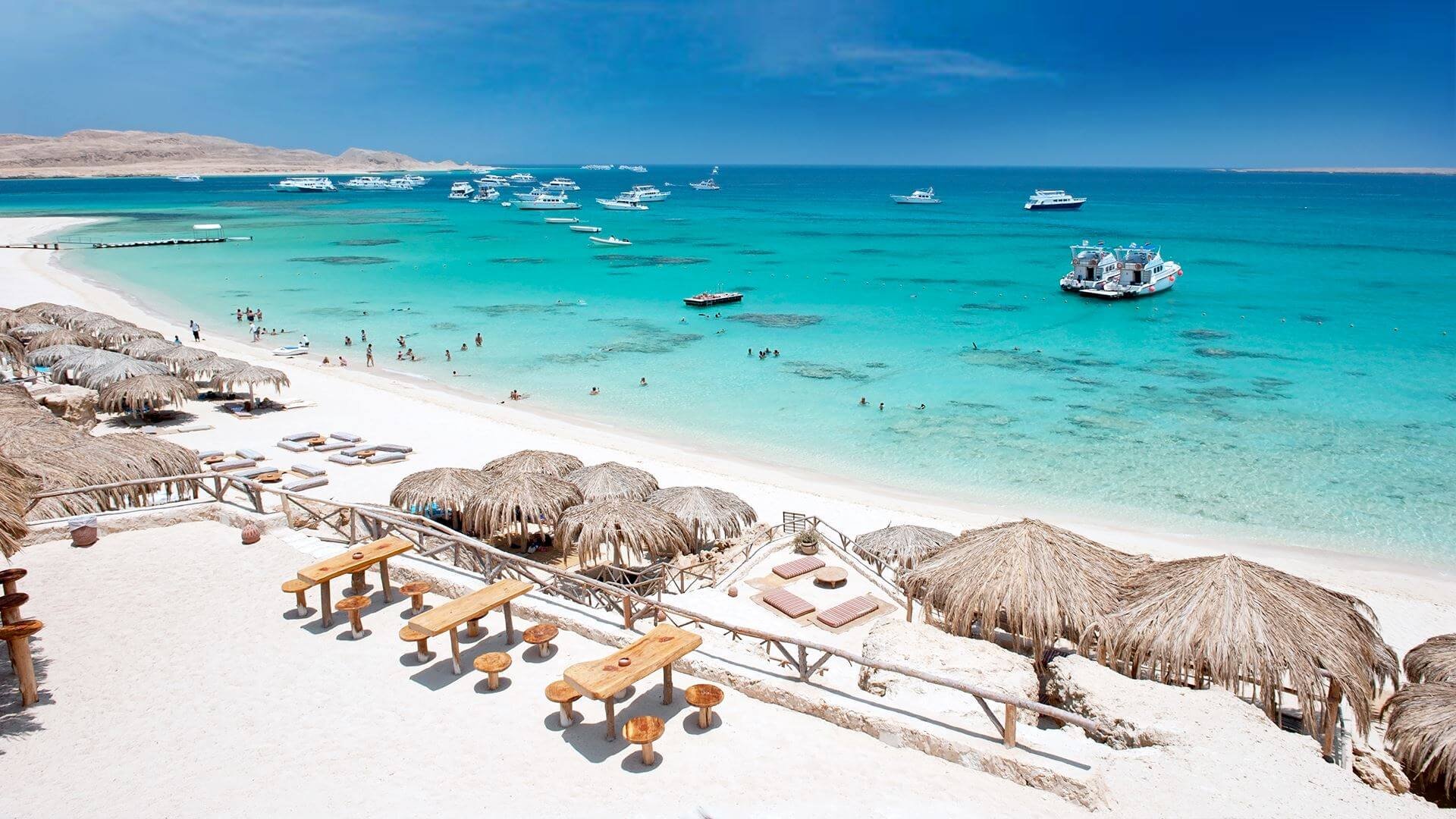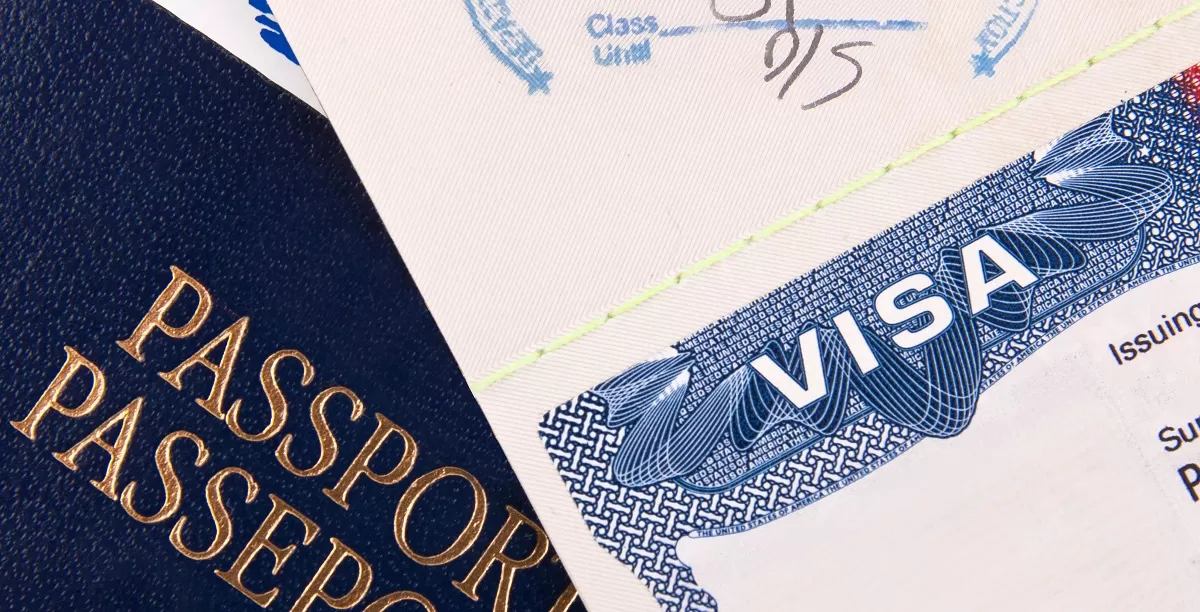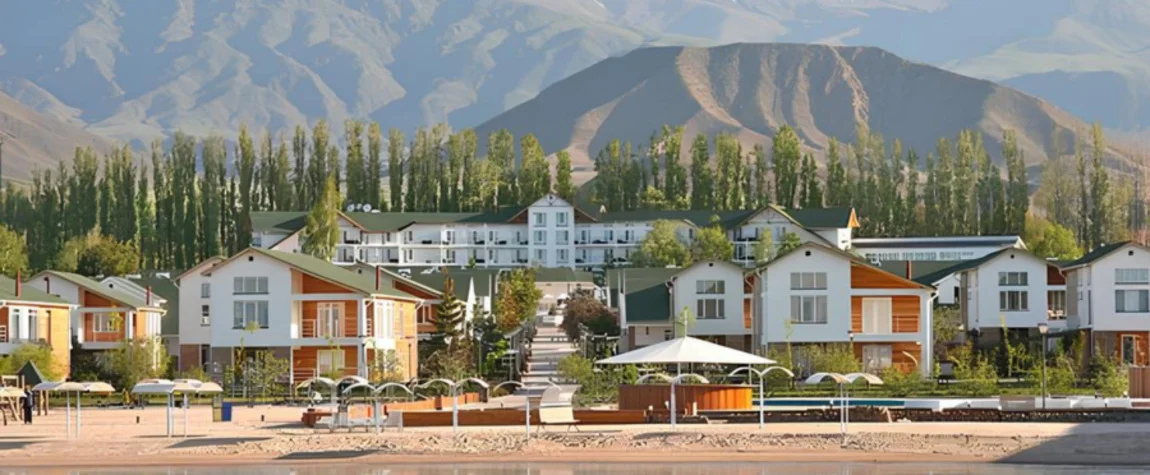Blantyre, a place known for its unique charm and character, often raises the question: Is it a pleasant place to call home? With its rich history, and vibrant community, Blantyre has much to offer to residents and visitors alike.
From its friendly neighborhoods to its cultural attractions, local amenities, and sense of community, Economic Opportunities Housing and Infrastructure, Education and Healthcare, Safety and Security contribute to the overall livability of the town.
Whether you’re drawn to its historical significance, the warmth of its people, or the various recreational opportunities Blantyre’s blend of urban convenience and small-town appeal creates an environment that many find appealing.
To truly determine if Blantyre is a suitable place to live, let’s explore the factors that make it stand out and contribute to its reputation as a potentially delightful place to call home.
Geographic and Environmental Factors
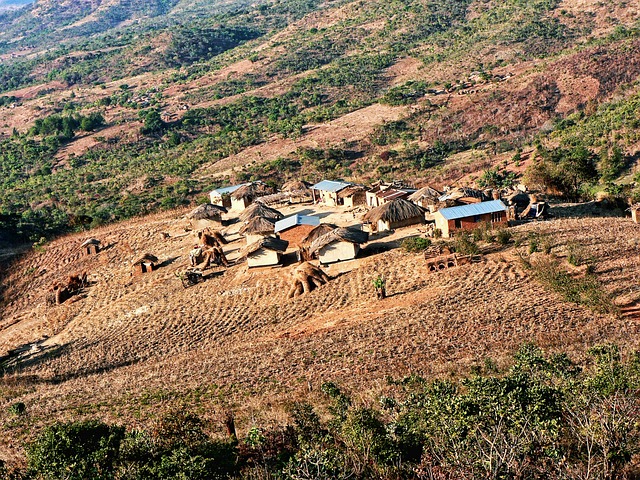
Blantyre’s Urban Appeal: Factors Shaping the City’s Charisma Blantyre’s allure is an intricate tapestry woven from various elements that seamlessly blend to create a unique urban charm.
Also, These factors, interwoven with one another, create a harmonious synergy that contributes to the city’s distinct character and magnetic appeal.
Strategic Geographical Location: Situated strategically and interconnected with major urban hubs and transportation networks, geographical advantage amplifies residents’ mobility and connectivity. This positioning facilitates seamless movement and interaction, ensuring easy access to nearby towns and cities.
Influential Climate Dynamics: The city’s climate exerts a tangible influence on daily life, as it’s temperature fluctuations and precipitation patterns dictate both activities and lifestyle preferences. These weather dynamics play a pivotal role in shaping outdoor engagements and social interactions, infusing vibrancy into the city’s rhythm.
Moreover, November gets pretty hot, with temperatures averaging around 84°F during the day and 68°F at night. The coolest time is from late May to early August, with average highs below 74°F. July is the chilliest month, with temperatures ranging from around 56°F to 71°F
Nature’s Embrace: Embraced by the picturesque embrace of mountains, rivers, Like Chirimba, Matabi, Lunzu, Mombezi, Mudi, Nasolo, Naperi, and lakes, Blantyre’s natural landscape is a canvas of serenity. Numerous parks and verdant spaces enrich the urban fabric, providing platforms for recreational pursuits that underpin a healthier lifestyle.
Eco-Conscious Harmony: Aspiring towards ecological harmony, ongoing initiatives championing environmental preservation and sustainable practices.
Eco-friendly endeavors, including efficient waste management and renewable energy projects, contribute to elevating residents’ quality of life while safeguarding the planet.
Air and Water Purity: The purity of the air we breathe and the water we consume holds profound implications for our well-being. Air quality, gauged by pollution levels, directly affects respiratory health. Access to uncontaminated drinking water, on the other hand, positively impacts public health and general comfort.
Resilience in the Face of Nature’s Whims: Vigilant preparedness and strategic mitigation strategies mitigate the impact of potential natural disasters. From earthquakes to floods, effective disaster response mechanisms instill residents with a sense of reassurance and a foundation of security.
Biodiversity Flourish: Blantyre’s rich tapestry of flora and fauna, accentuated by protected nature sanctuaries, fosters a vibrant ecosystem. Encounters with indigenous wildlife and the availability of natural havens for these creatures embellish residents’ lives with captivating encounters and a connection to the wild.
Aesthetic Splendor: The aesthetic allure of Blantyre’s natural elements harmoniously shapes its ambiance. From captivating vistas to serene landscapes, the city’s scenic grandeur influences emotional well-being, fostering a sense of belonging and pride among its residents.
Economic Opportunities
Blantyre’s attractiveness as a city for residents seeking fulfilling careers is closely intertwined with several key factors. These factors, intricately linked through a web of influence, collectively contribute to the city’s economic vitality and its residents’ overall satisfaction.
A Flourishing Job Market: The availability and diversity of employment options directly impact residents’ career prospects. A thriving job market, encompassing a range of sectors, serves as a catalyst for a multitude of opportunities. ($98,444 per year, or $47 per hour. )
As a result, potential residents are presented with a wealth of avenues to explore, ensuring a dynamic and fulfilling professional journey.
Driving Industries and Economic Prosperity: Understanding the industries driving the economy provides valuable insights into its economic vibrancy. Blantyre’s robust sectors, diverse in nature, create a fertile ground for sustainable job growth.
Also, This diversity not only enhances the resilience of the economy but also guarantees a spectrum of career pathways for those considering calling Blantyre home.
Incomes and Financial Security: The correlation between income levels and residents’ financial well-being is undeniable. Higher earning potential empowers individuals with increased purchasing power, leading to an improved quality of life.
Residents are better equipped to meet their needs and engage in discretionary spending, nurturing economic prosperity within the community.
Affordability and Quality of Life: Evaluating the cost of living, juxtaposed with income levels, unveils valuable insights into the city’s affordability. For a person ($600) and for a family (1400$) per month with rent.
A reasonable cost of living ensures that basic needs are met while allowing room for discretionary expenditures. This financial equilibrium translates to enhanced financial ease for residents, fostering a sense of security and contentment.
Nurturing Entrepreneurship: A thriving entrepreneurial environment is a hallmark of a dynamic economy. Cultivating a supportive ecosystem for startups and small businesses stimulates economic dynamism.
By fostering innovation and entrepreneurial spirit, Blantyre creates not only job opportunities but also an environment conducive to sustained economic growth.
Technological Advancements and Innovation: Staying on the cutting edge of innovation and technological progress has far-reaching implications for Blantyre’s economy.
By embracing technological advancements, the city positions itself to pioneer new industries, attracting skilled professionals and creating a ripple effect of economic prosperity.
Infrastructure and Connectivity: The development of comprehensive infrastructure, encompassing transportation networks and digital connectivity, significantly enhances residents’ access to economic opportunities.
Moreover, Efficient transportation systems and seamless communication open up avenues for commuting and remote work, expanding the horizons of economic possibilities.
Balancing Work and Life: Striking a harmonious equilibrium between professional commitments and personal well-being is pivotal to residents’ satisfaction.
Through flexible work arrangements and diverse leisure activities, the city enhances the work-life balance of its residents, ultimately contributing to a more enriched living experience.
Housing and Infrastructure
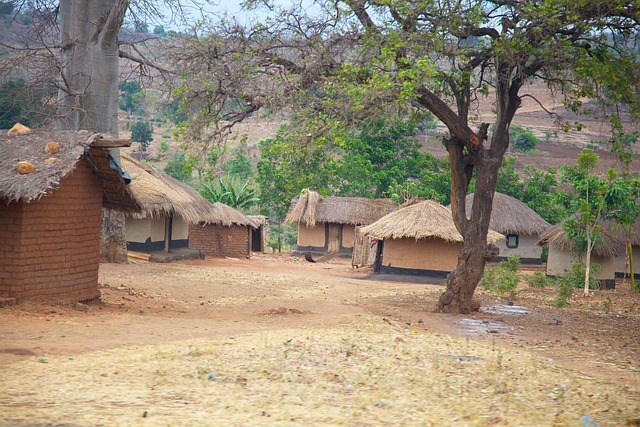
Pros:
Housing Diversity: A variety of housing options cater to different preferences and lifestyles, ensuring residents find accommodations suited to their needs.
Quality Living Spaces: Well-maintained properties with modern amenities contribute to enhanced comfort and satisfaction among residents.
Strong Community Environment: Vibrant neighborhoods with a sense of community foster a strong sense of belonging and support.
Efficient Urban Planning: Thoughtful urban design enhances residents’ daily lives by providing easy access to essential services, green spaces, and cultural hubs.
Reliable Public Transportation: Efficient public transportation options reduce traffic congestion, enhance mobility, and contribute to environmental sustainability.
Essential Utilities: Reliable access to essential utilities like water, electricity, and sanitation services ensures residents’ quality of life.
Technological Connectivity: Adequate high-speed internet and digital connectivity support modern work, education, and social interactions, enabling remote work and digital engagement.
Sustainability Focus: Integration of sustainable practices in housing and infrastructure, such as energy-efficient buildings and green initiatives, enhances residents’ well-being and ecological balance.
Cons:
Housing Costs: Diverse housing options may come with varying costs, potentially making certain accommodations less affordable for some residents.
Urbanization Challenges: Rapid urbanization can lead to increased congestion, noise, and reduced green spaces, affecting the overall quality of life.
Infrastructure Maintenance: Poorly maintained infrastructure can lead to disruptions in essential services and negatively impact residents’ well-being.
Transportation Limitations: Despite public transportation options, limited coverage or reliability can hinder some residents’ mobility.
Environmental Impact: Urban development and infrastructure expansion can potentially affect natural habitats and the ecological balance of the city.
Digital Divide: Unequal access to high-speed internet and digital services can create disparities in educational and economic opportunities.
Sustainability Trade-offs: Balancing modernization with sustainable practices might pose challenges in terms of resource consumption and environmental impact.
Gentrification Concerns: Improvements in housing and infrastructure could lead to gentrification, displacing lower-income residents from their communities.
Education and Healthcare in Blantyre
(Pros):
Educational Institutions: Blantyre hosts a range of educational institutions, including schools, colleges, and universities, offering diverse academic opportunities.
Qualified Faculty: Institutions often employ experienced and qualified educators, contributing to a high standard of education.
Healthcare Facilities: The city provides healthcare facilities, hospitals, and clinics, ensuring access to medical services and treatments.
Public Health Programs: Government and non-governmental organizations may offer public health programs and initiatives, contributing to community well-being.
Research and Innovation: Some educational and healthcare institutions may engage in research and innovation, contributing to advancements in healthcare practices.
Cultural Exchange: Educational institutions foster cultural exchange through
diverse student populations, enriching the learning experience.
Challenges (Cons):
Resource Constraints: Some educational institutions and healthcare facilities may face resource limitations, potentially affecting the quality and availability of services.
Educational Standards: While many institutions uphold high standards, variations in educational quality might exist among different schools and colleges.
Healthcare Access: Access to specialized medical treatments or advanced healthcare services may require travel to larger cities or regions.
Healthcare Infrastructure: Some areas may have limited healthcare infrastructure, impacting residents’ access to timely and quality medical care.
Affordability: The cost of private education and quality healthcare services might be a concern for some residents.
Educational Disparities: Disparities in access to quality education might exist, particularly for marginalized communities.
Safety and Security in Blantyre
(Pros):
Law Enforcement: The presence of law enforcement agencies contributes to maintaining public order and safety.
Community Policing: Collaborative efforts between law enforcement and communities may enhance safety measures and community engagement
Emergency Services: Access to emergency services such as police, fire, and medical assistance ensures swift responses to critical situations.
Low Crime Rates: Lower crime rates in certain areas contribute to a sense of security and peace of mind for residents. (40-50%)
Neighborhood Watch: Active neighborhood watch programs can create a stronger sense of community and deter potential criminal activity.
Public Safety Initiatives: Local government and community organizations might implement safety initiatives to enhance residents’ security.
Challenges (Cons):
Crime Hotspots: Some areas in Blantyre may experience higher crime rates, impacting safety and security for residents in those neighborhoods.
Resource Limitations: Limited resources for law enforcement and emergency services might affect response times and effectiveness.
Cybersecurity: As with any urban area, ensuring online safety and cybersecurity is important to protect personal and financial information.
Social Unrest: While generally safe, localized social unrest or civil disturbances might occasionally disrupt the peace.
Vulnerable Populations: Certain groups within the population, such as migrants or marginalized communities, might face higher safety risks.
Emergency Preparedness: Ensuring comprehensive emergency preparedness plans and communication strategies is crucial for residents’ safety during unforeseen events.
Social and Community Life
Pros:
Strong Sense of Community: Blantyre’s smaller size fosters a close-knit community where residents often know their neighbors, creating a sense of belonging and support.
Active Social Scene: The city’s vibrant cultural events, festivals, and gatherings provide ample opportunities for residents to engage socially and build connections.
Diverse Activities: From local markets to recreational clubs and sports teams, Blantyre offers a range of activities that cater to various interests, promoting a well-rounded social life.
Supportive Networks: The tight-knit community offers emotional support, helping individuals through challenging times and enhancing their overall well-being.
Civic Engagement: Residents often have the chance to actively participate in local decision-making and contribute to community development.
Cons:
Limited Anonymity: A close community means less anonymity, which could be challenging for individuals seeking more privacy or a quieter lifestyle.
Restricted Diversity: A smaller population might result in limited diversity and exposure to different cultures, viewpoints, and backgrounds.
Social Pressures: Close-knit communities can sometimes lead to social pressures and expectations that may affect personal choices and decisions.
Limited Entertainment Options: While Blantyre offers various activities, the range might be more limited compared to larger cities, leading to potential monotony.
Difficulty in Escaping Conflicts: In a tight community, conflicts might be harder to avoid or resolve without affecting personal relationships.
FAQs
How is the quality of life in Blantyre?
Although Blantyre’s crime rate is lower than that of some other African nations, there are still some localized instances of muggings and break-ins.
Which language is used in Blantyre?
Chichewa
How would you rate Malawi’s quality of life?
Overview of quality of life when measured against the ‘Income adjusted’ standard, Malawi has a Quality of Life rating of 59.5%.
Is Blantyre a safe city to live in?
Yes, Blantyre is considered relatively safe, with a low crime rate compared to other urban areas.
Are there good educational facilities in Blantyre?
Yes, Blantyre offers a range of educational institutions, including schools and universities, providing quality education.
How is the public transportation system in Blantyre?
The public transportation system in Blantyre is limited, but there are taxis and minibus services available for commuting.
Is there a strong sense of community in Blantyre?
Yes, Blantyre is known for its friendly and welcoming community, making it a pleasant place to interact with neighbors and locals.
Is Malawi a desirable place to work?
Yes, Malawi remains one of the least developed nations in the world despite recent economic progress.
Conclusion
Blantyre presents itself as a city with a unique blend of factors that contribute to its appeal as a desirable place to live. The combination of its geographical location, favorable climate, natural surroundings, and ongoing environmental initiatives contributes to a positive living experience for its residents. The availability of various housing options, strong community bonds, and efficient urban planning further enhance the city’s attractiveness.
While Blantyre offers numerous advantages, it’s essential to consider both the pros and cons of its housing and infrastructure. Potential challenges such as housing costs, urbanization issues, and infrastructure maintenance should be weighed against the benefits of a diverse community, technological connectivity, and sustainable practices.
Ultimately, the decision of whether Blantyre is a nice place to live depends on individual preferences and priorities. The city’s commitment to fostering a high quality of life through well-designed infrastructure, community engagement, and environmental sustainability plays a significant role in making it an appealing residential destination.







